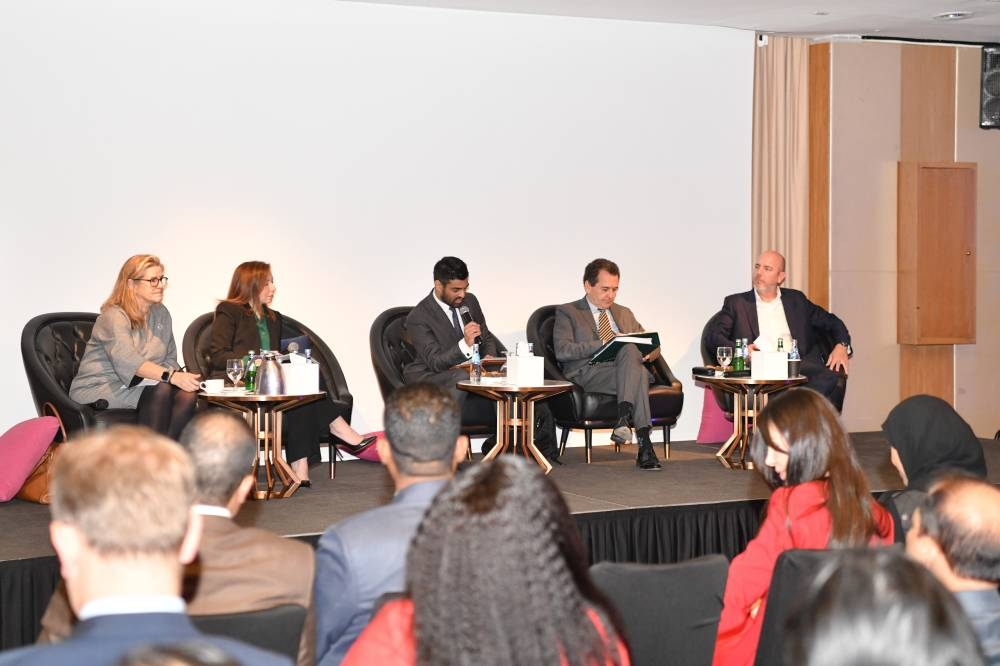The Qatar International Court and Dispute Resolution Centre (QICDRC) has highlighted the critical need for an insolvency framework in view of the changing economic landscape.
This was highlighted at a panel discussion titled A Resilient Economy: Financial Restructuring and Insolvency Frameworks, organised by QICDRC in collaboration with Lexis Nexis and Deloitte Professional Services.
The event convened industry leaders to shed light on the evolving financial restructuring landscape in Qatar and the wider region.
Focusing on key topics essential to strengthen economic resilience, the discussion highlighted the importance of a robust legal framework, cross-border solutions for industry-specific restructuring, critical turnaround strategies, liquidity trends and approaches to financial and corporate simplification.
"At a time when economic landscapes are constantly shifting, the need for a resilient financial restructuring and insolvency framework has never been more critical," said Umar Azmeh, Registrar of QICDRC, who moderated the panel. "This panel highlights the importance of forward-thinking solutions and collaborative approaches to safeguard economic stability and foster growth in an increasingly complex global market."
"At QICDRC, we are committed to facilitating meaningful discussions on key economic and legal issues, contributing to the continued growth and stability of Qatar and the wider region," according to him.
The panellists contributed their insights, emphasising that financial restructuring goes beyond crisis management.
They highlighted its role in building a resilient framework to withstand future economic challenges. Their input underscored the importance of fostering forward-thinking strategies and cross-sector collaboration to achieve long-term stability in a constantly changing environment.
"Qatar has consistently demonstrated the ability to recover from economic setbacks, such as the challenges posed by Covid-19, showcasing the resilience of its economy. A key factor in this resilience is its robust energy sector," said Emma Higham, partner at Clyde & Co, Qatar.
Jim Sturman, Barrister, 2 Bedford Row (UK), said resilient economies adapt to shocks like sanctions, with businesses playing a key role.
"Their strategies, such as compliance and diversification, help sustain economic stability and recovery," he said.
Thomas Bulock, Turnaround and Restructuring Partner at Deloitte, said a resilient economy relies on a well-structured organizational framework.
"This structure ensures stability, adaptability, and efficiency in responding to challenges and changes," he added.
Rita El Helou, Chief Legal and Compliance Officer at Lesha Bank – Qatar, said amid today's challenges, companies and foundations must implement financial monitoring plans that address cash flow, debt management, and other critical factors to prevent crises, avoid insolvency, and achieve stability.
Business
QICDRC highlights need for financial restructuring and insolvency framework
'Need for financial restructuring and insolvency framework has never been more critical': QICDRC

QICDRC panel discusses the need for financial restructuring and insolvency framework
